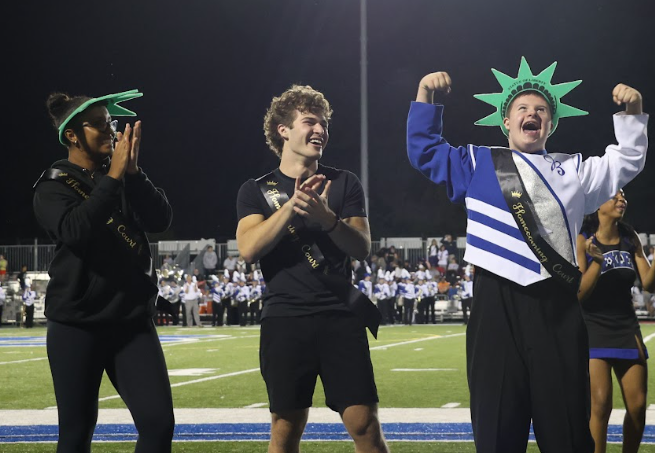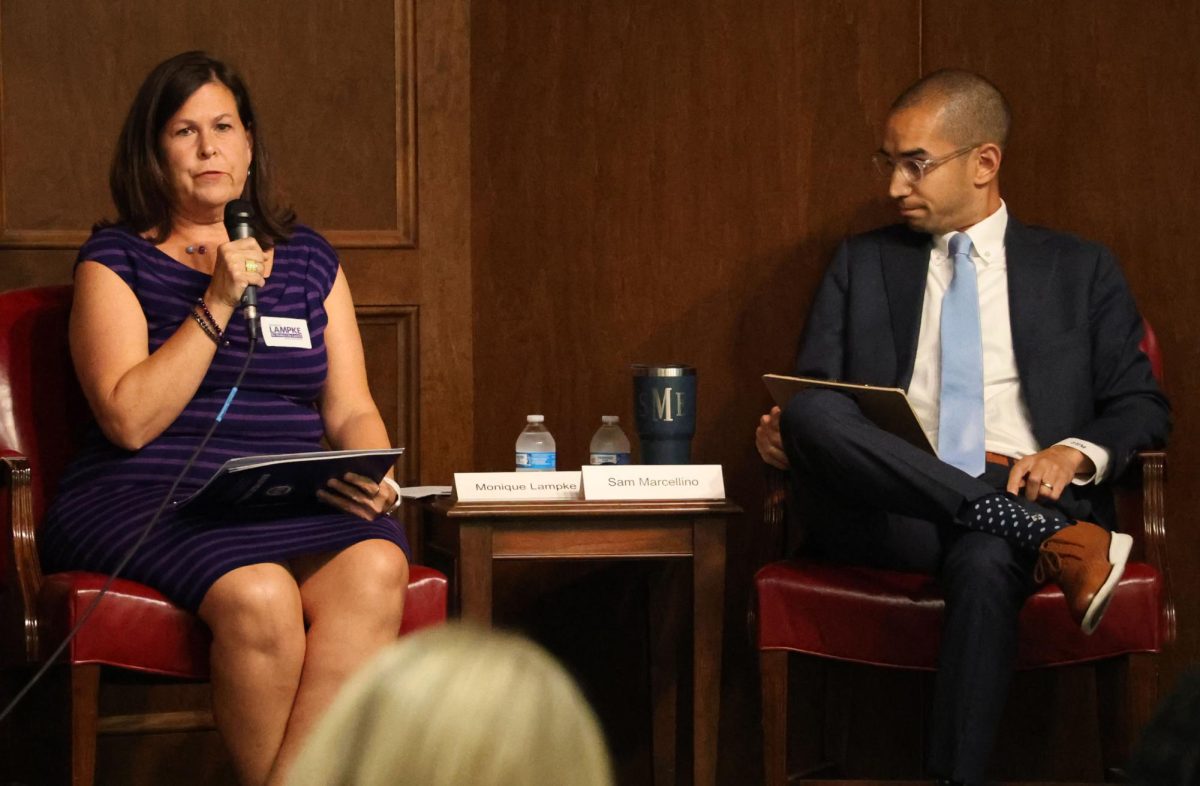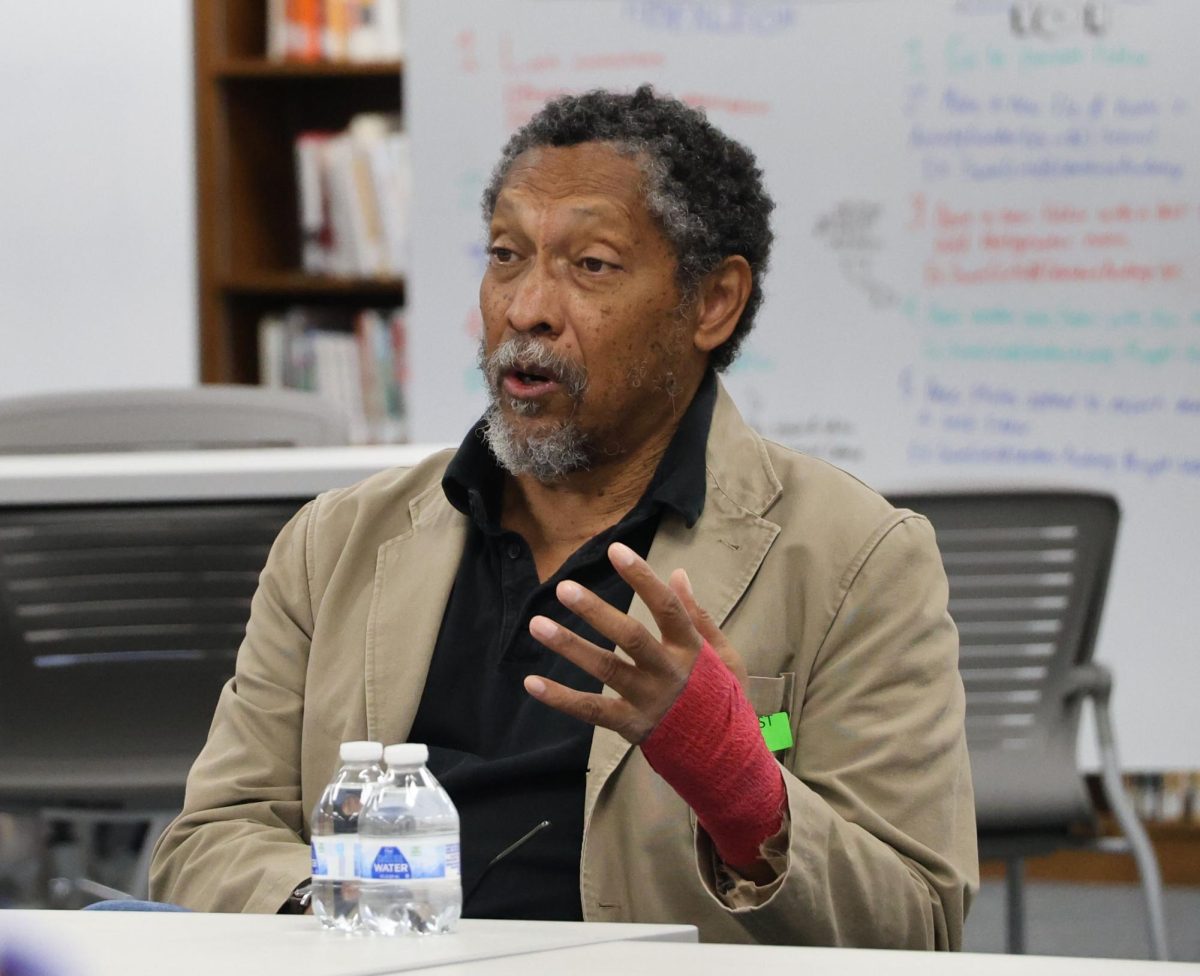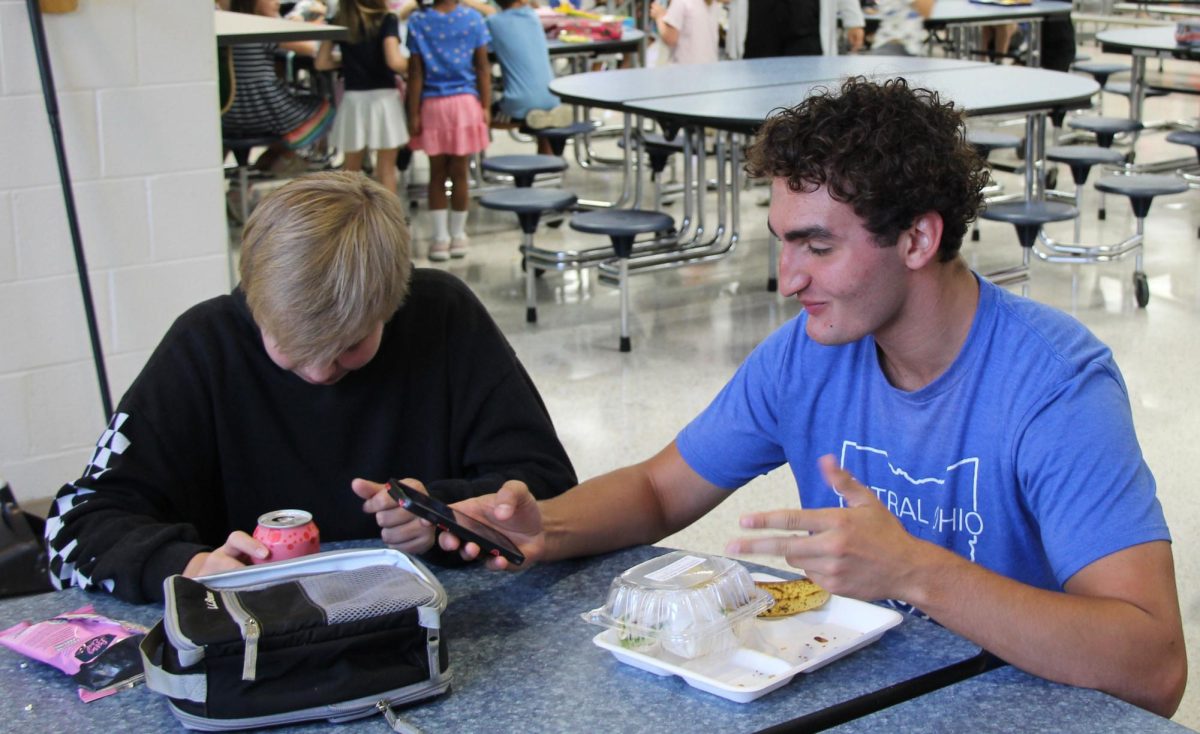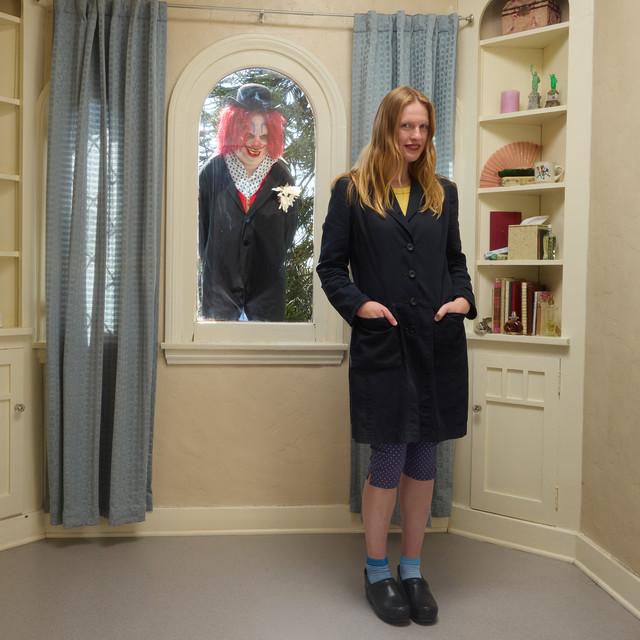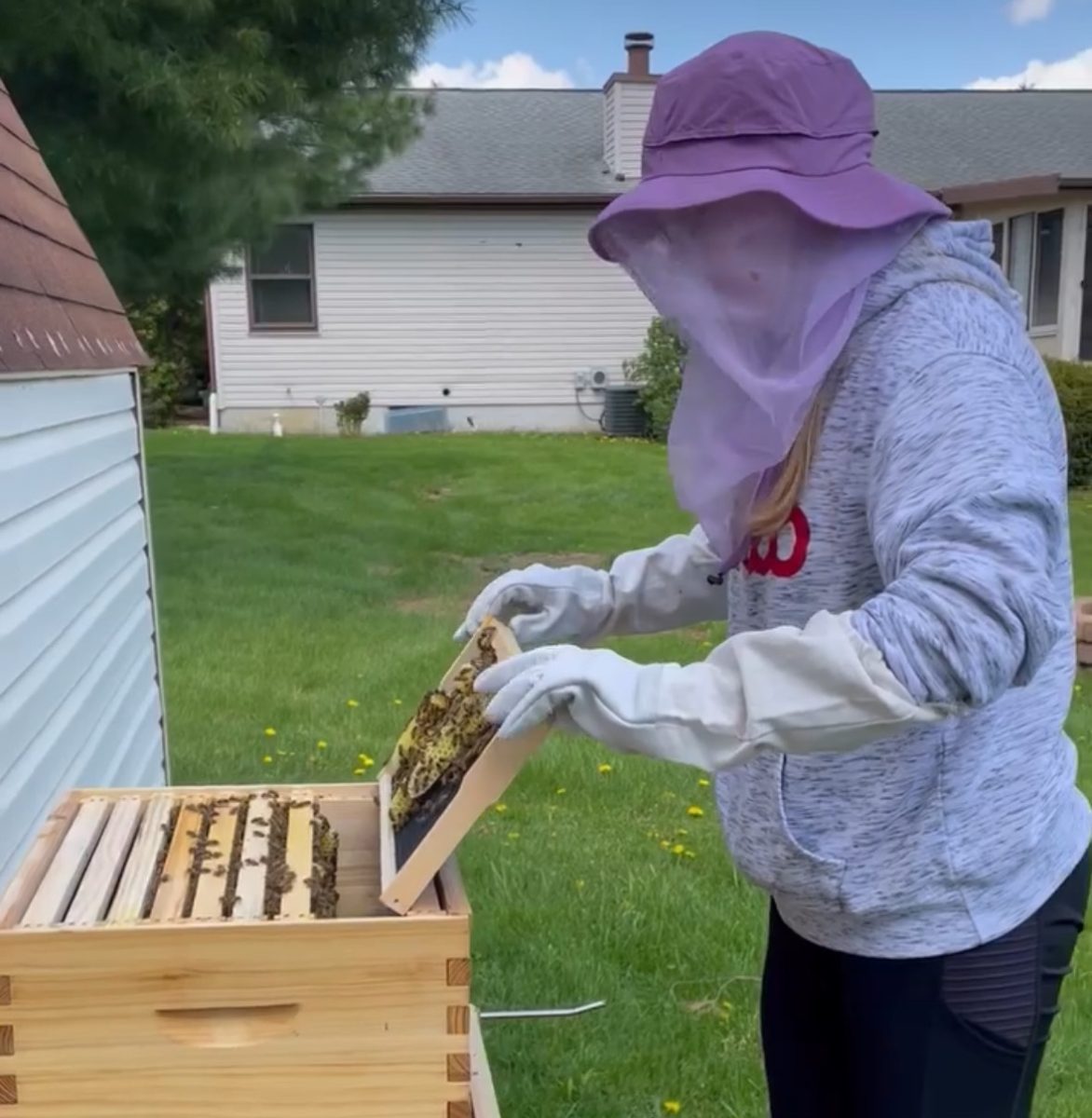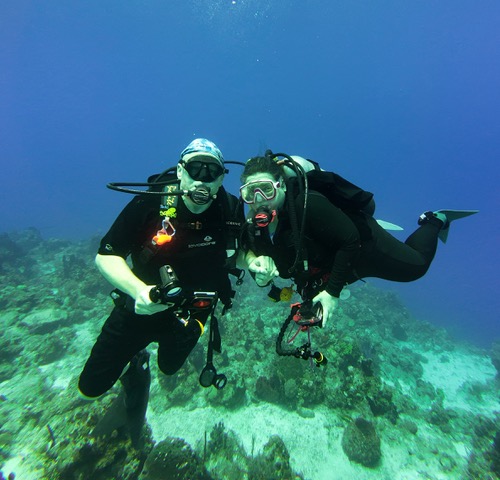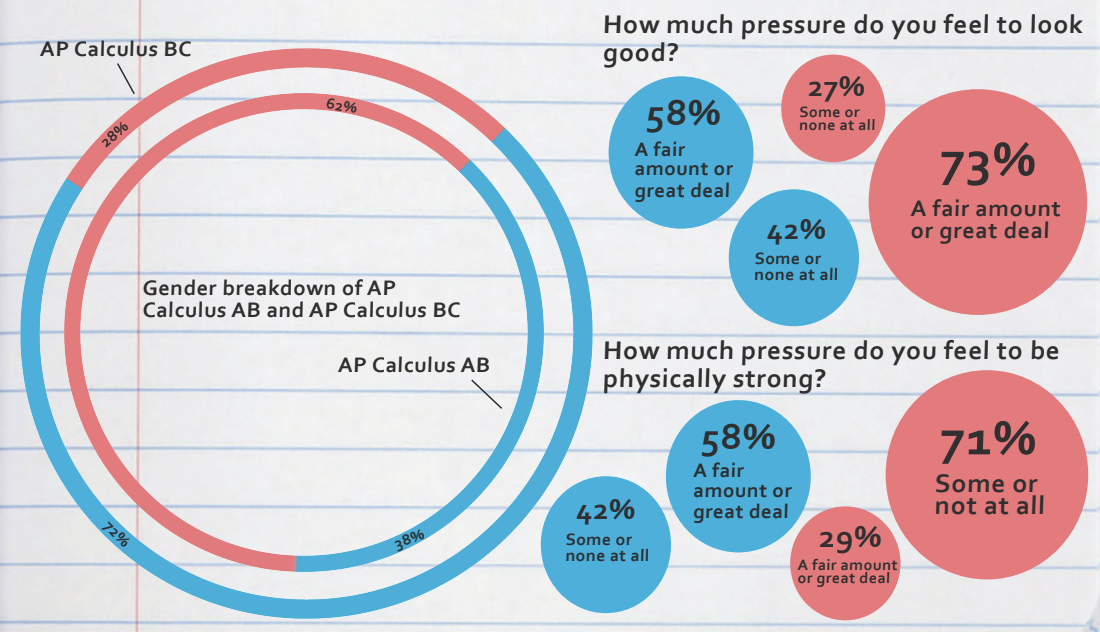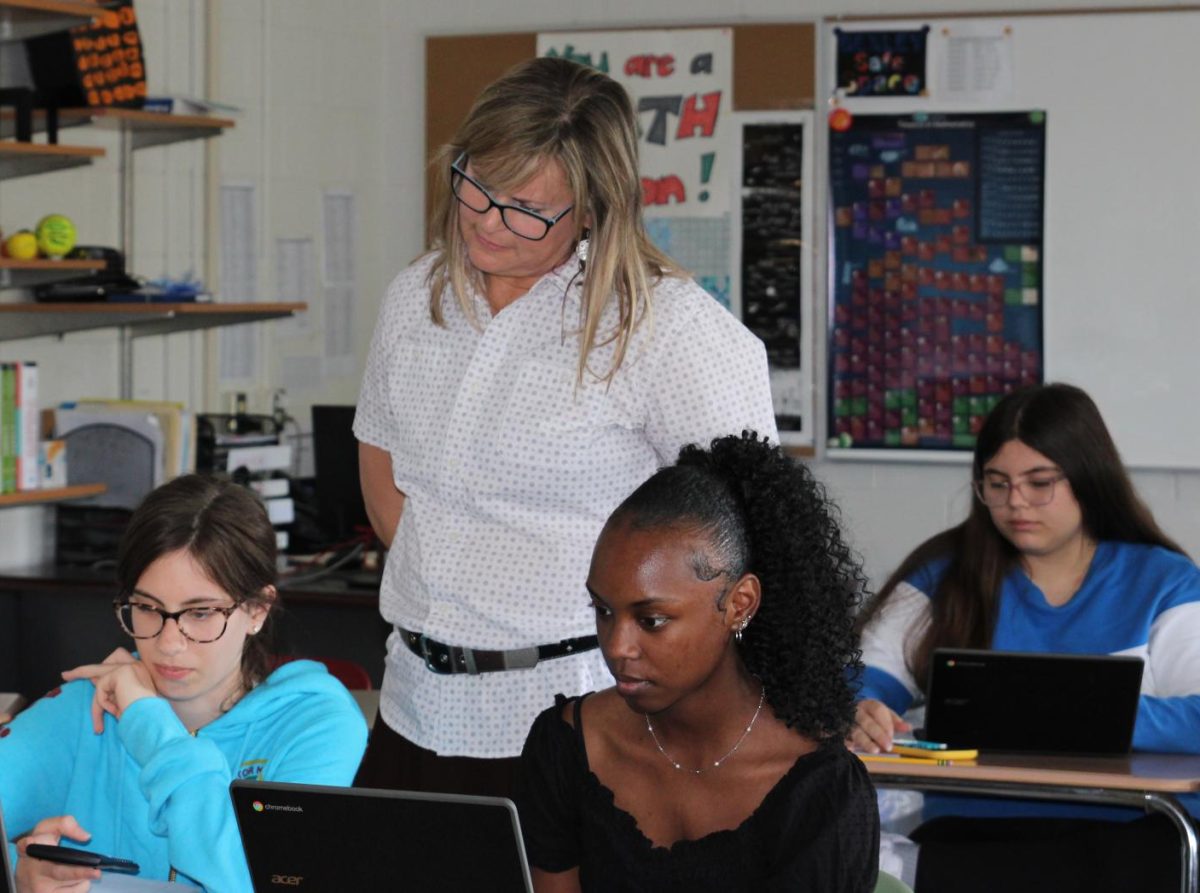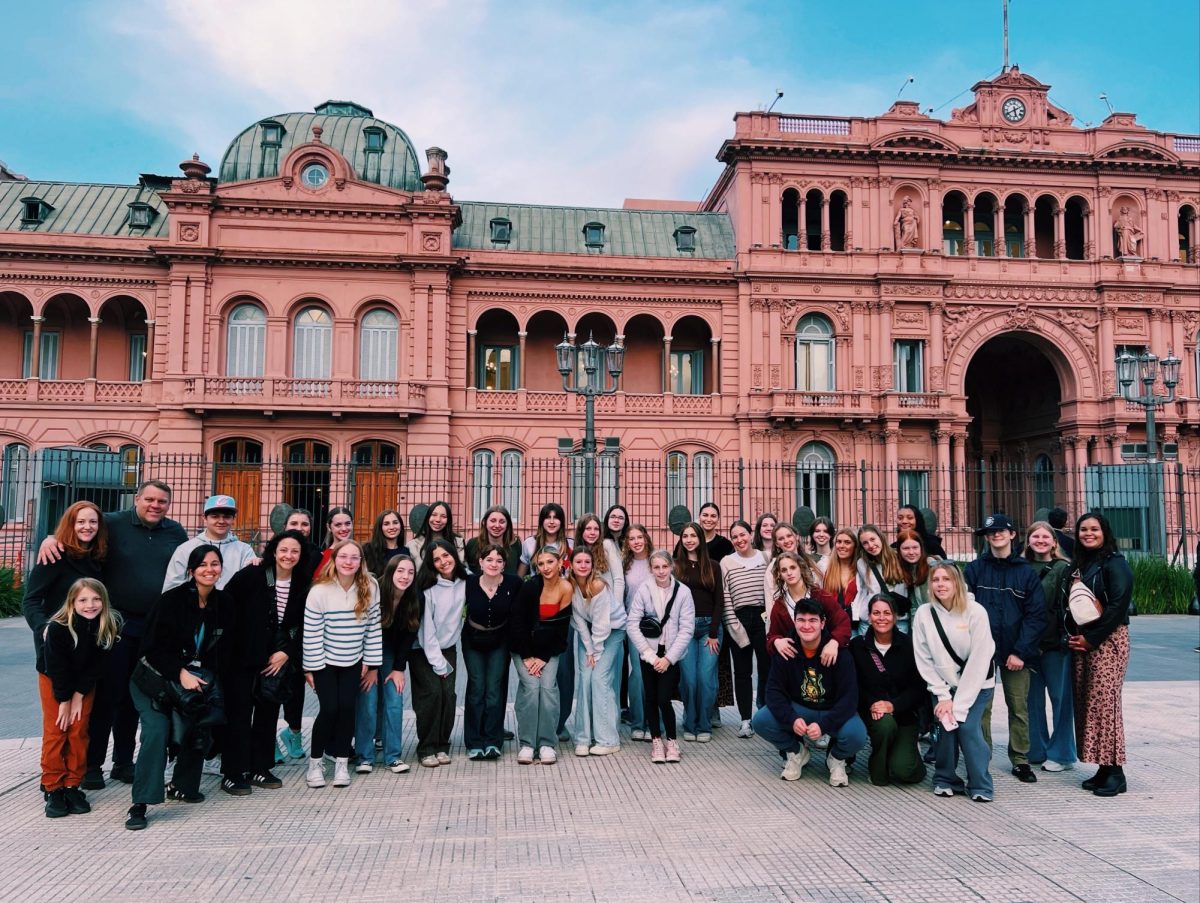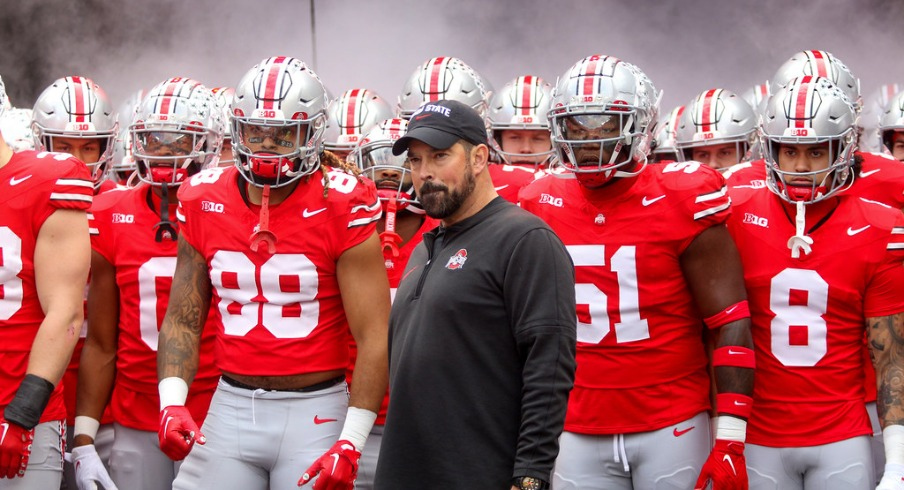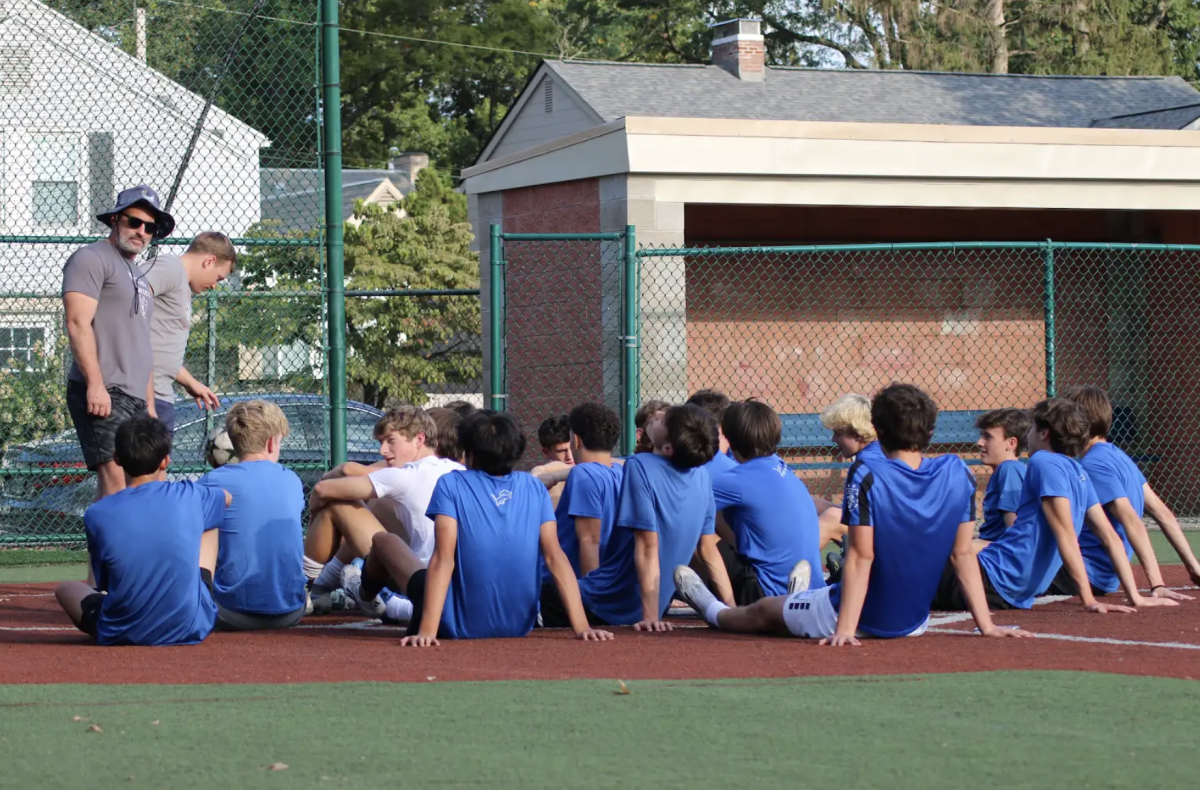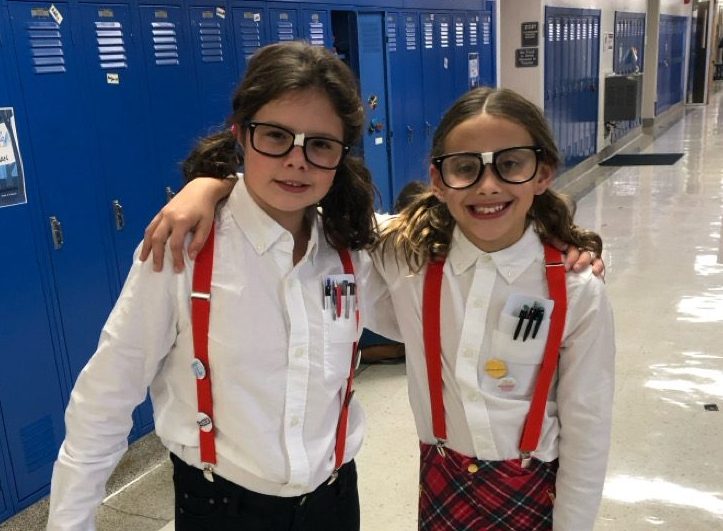Pro
Harper Reinhard
Staff Reporter
Did you participate in the ALS Ice Bucket Challenge back in 2014? If so, you participated in the largest social media movement in history. Over the past 20 years, social media has been a huge vehicle in initiating social and political change through movements from the ALS Ice Bucket Challenge to the Black Lives Matter movement and countless others. Through these examples, it is clear that social media is an effective means of both social and political change.
The Ice Bucket Challenge raised $115 million for the ALS Association, an unprecedented amount of money for any disease-related charity. Additionally, according to National Geographic, the number of ALS treatment clinics in the U.S. doubled because of the Ice Bucket Challenge.
Another movement that was able to generate significant and effective change was the BLM movement. In 2020, videos posted to social media by witnesses showed the murder of an unarmed Black man, George Floyd, by a police officer. The country erupted in protests, and the movement received significant financial support, including a $10 million donation from Facebook, according to Forbes Magazine.
Social media can quickly spread information about rallies, fundraising events and protests to a large audience. For example, the 2011 Arab Spring protests in the Middle East were a series of pro-democracy protests organized primarily through social media. According to History.com, the protests resulted in regime changes in Tunisia, Egypt and Libya.
Social media allows information to spread among large groups of people; however, this pertains to misinformation as well, which can be extremely dangerous when left unchecked.
Social media is an effective means of social change because of its ability to organize movements such as protests, rallies and fundraisers, and it allows for information about important issues to be communicated to a wide audience.
Con
Caroline Baldwin
Staff Reporter
Every day, millions of users engage on a number of social media platforms. When major news breaks, these platforms burst with false information from unreliable sources. Therefore, social media is an ineffective means of making political and social changes.
According to Temple University, 67% of Americans have come across fake news on social media. This misinformation is exaggerated by continuous reposts, making it less accurate as more accounts post it. This can hinder any positive change for the cause it is surrounding, as information often gets twisted to the point it loses relevance.
AI-manipulated content is a huge issue when it comes to Internet credibility. There are countless resources available to create controversial images and videos connecting to current political and social events, making it nearly impossible to interpret social media posts as valid information.
Credible or not, sharing posts on social media doesn’t directly change the issue at hand. Many individuals are drawn in by alluring cover stories and information about current events happening in the world and blindly share them. This action is ineffective in making any difference to the problem or idea, as simply talking about it or sharing it doesn’t make it go away or prompt change.
During the recent attacks in Israel, many individuals reposted photos that spread awareness about the issue and showed support to the Jewish community. This is effective in showing they care and informing people about the event; however, the use of social media in this scenario does not change the actual issue at hand. Although it’s extremely important to be concerned about the safety and well-being of others, it won’t change the fact that the war is ongoing.
Social media is not an effective means of political or social change because it is responsible for spreading false information and lacks any tangible benefits when sharing and reposting details about politics.
What’s Your Take?
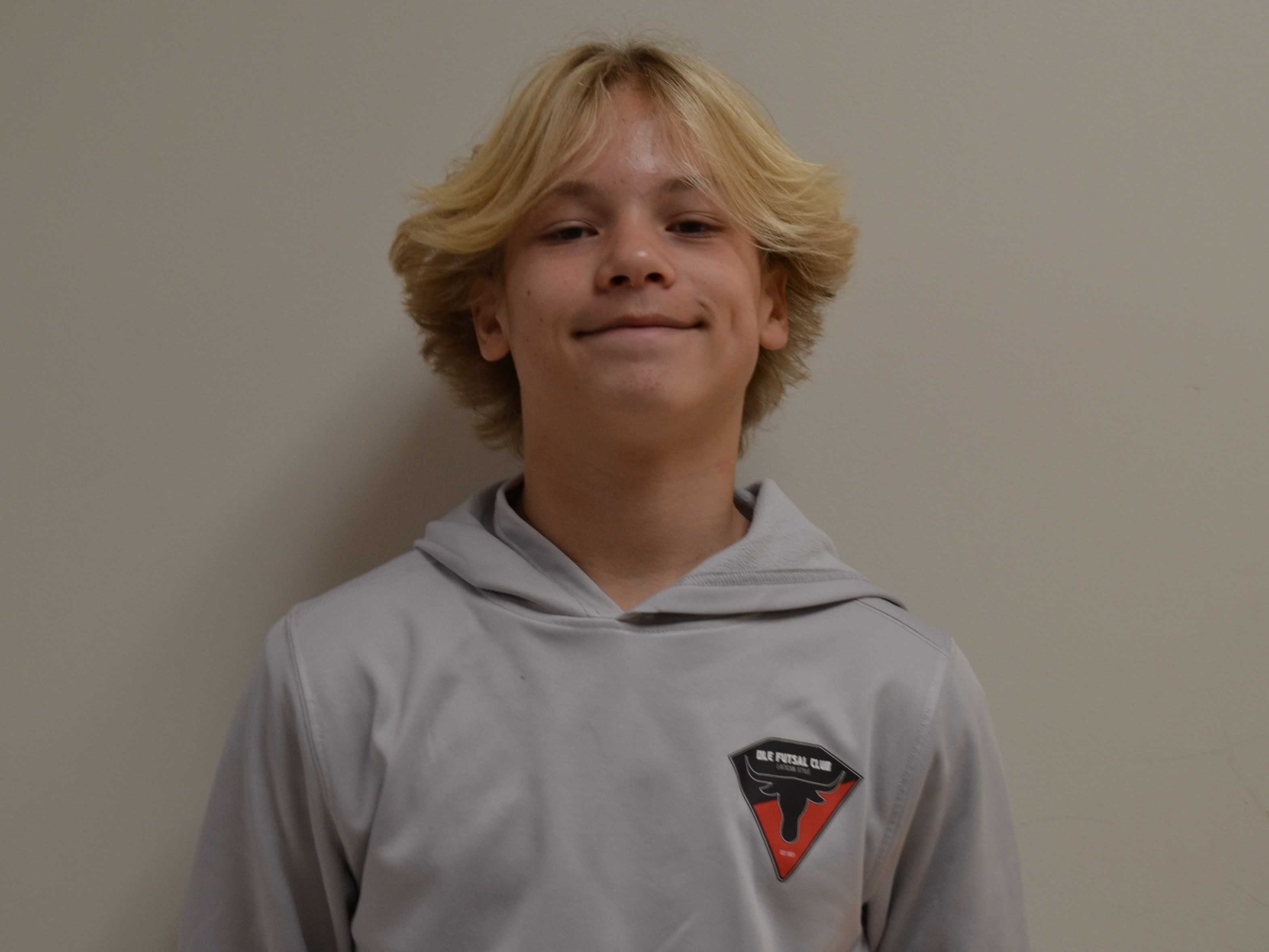
-Freshman Hans Schoenherr
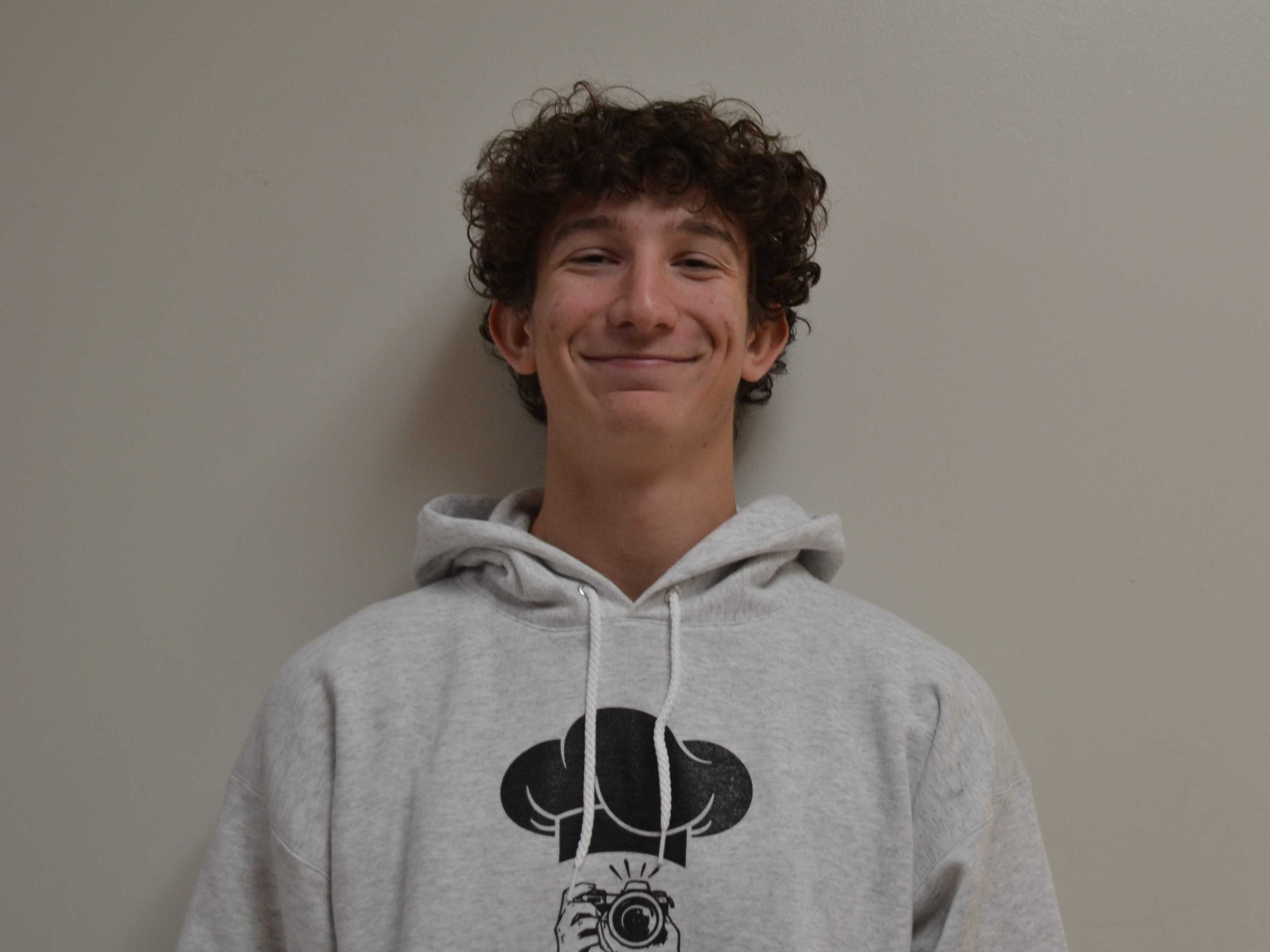
-Sophomore Avi Bernstein
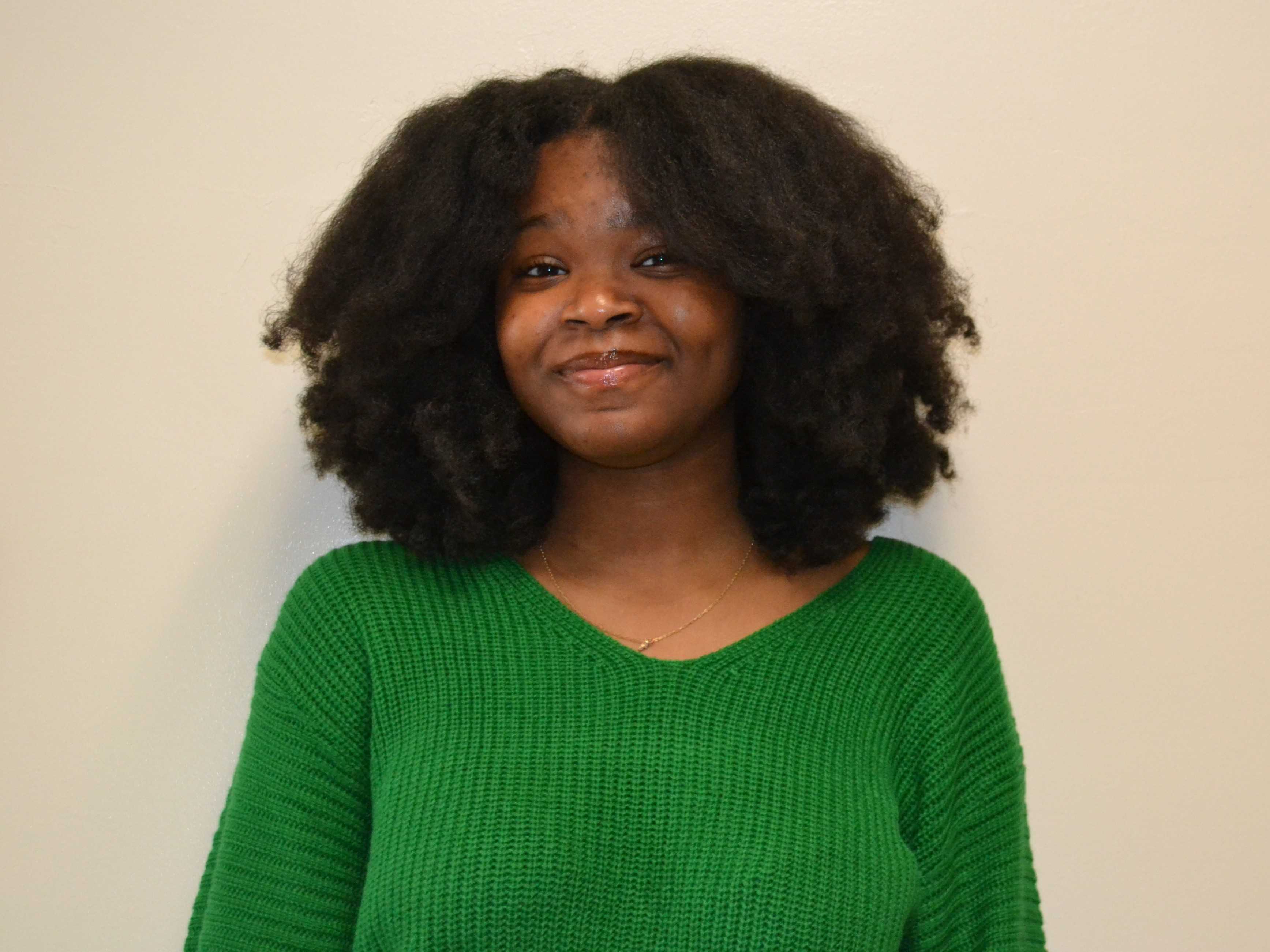
-Junior Denaysia Harris
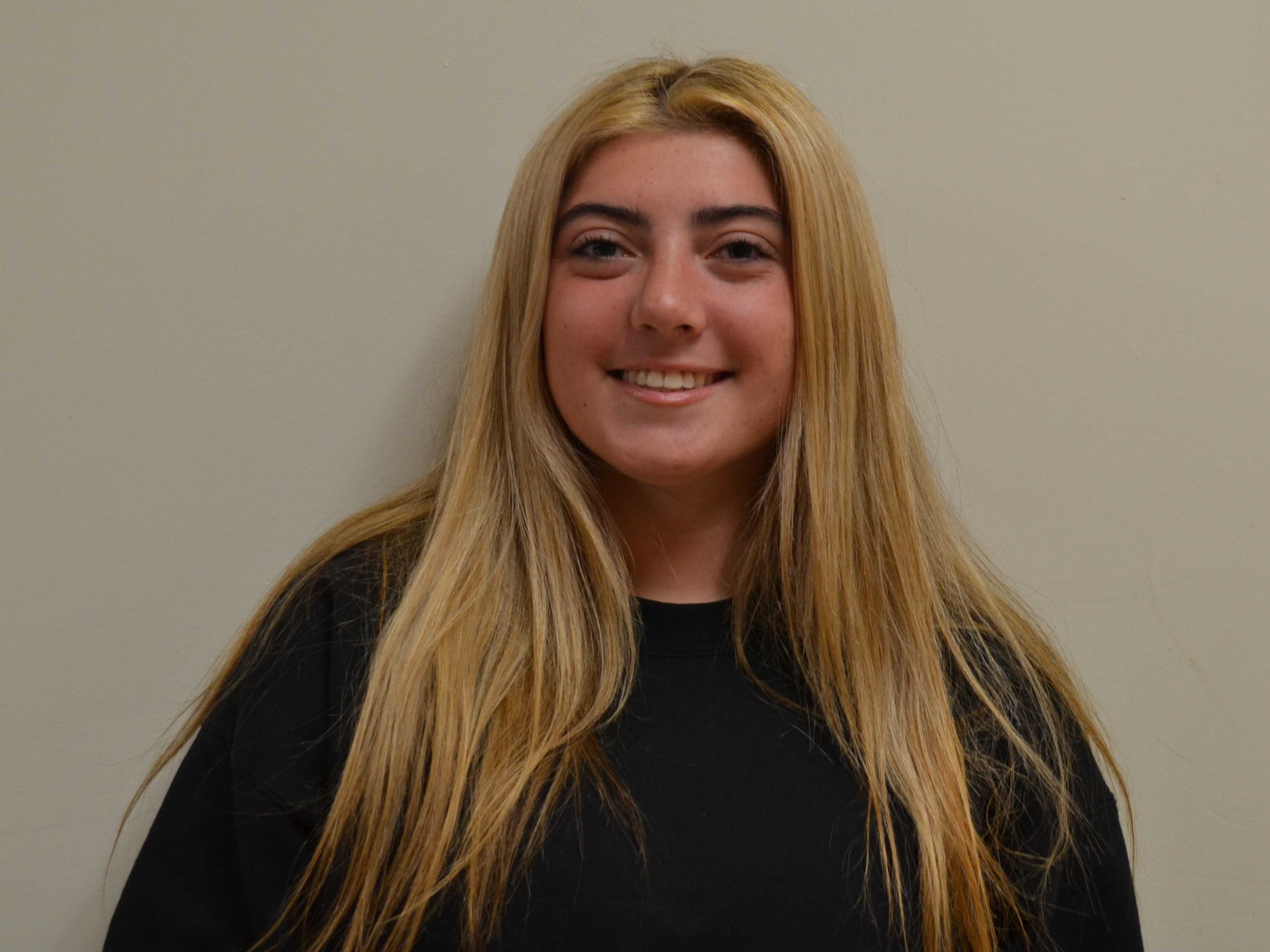
-Senior Casey Krasnow
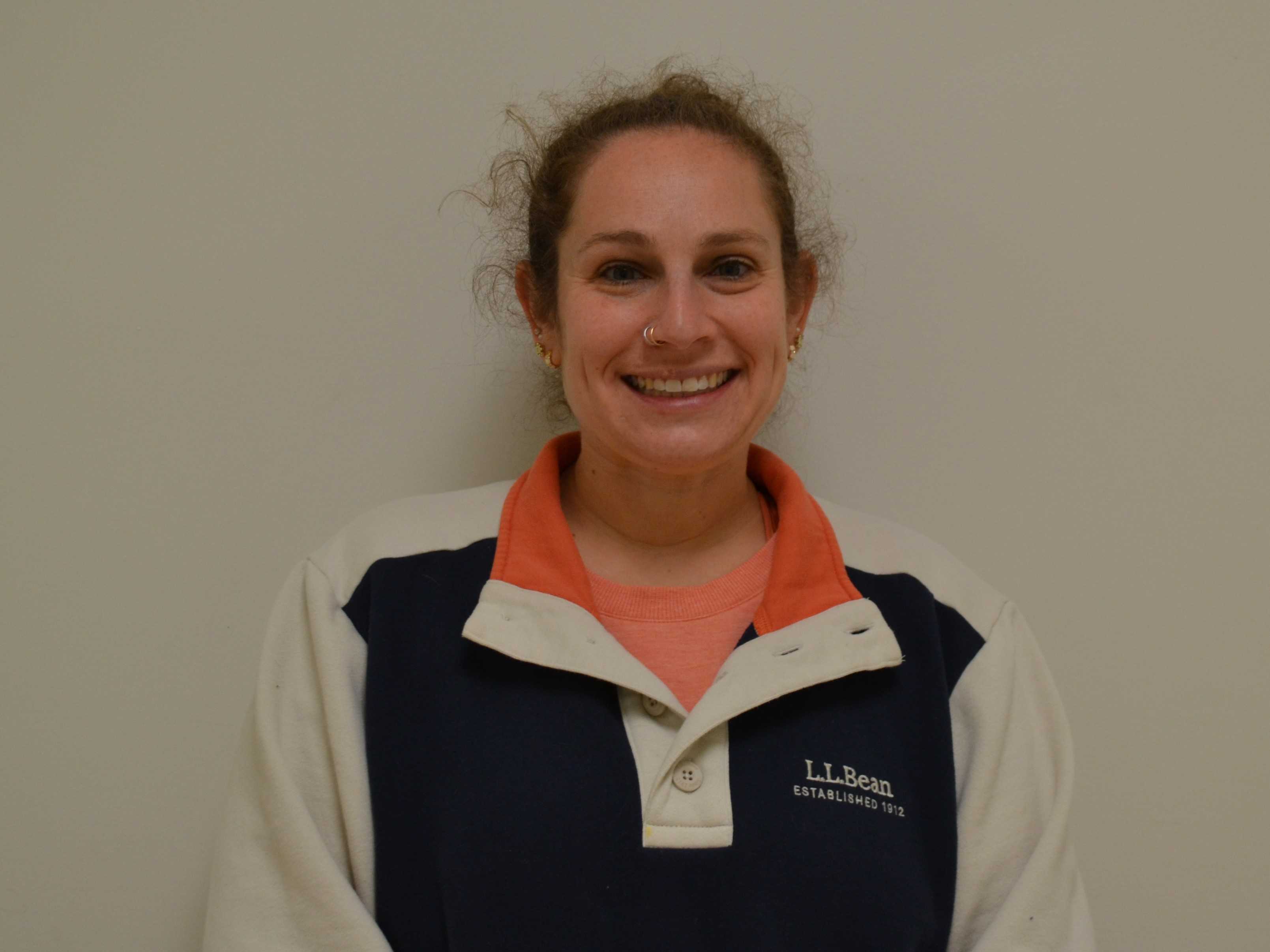
-Social studies teacher Anna Schottenstein

